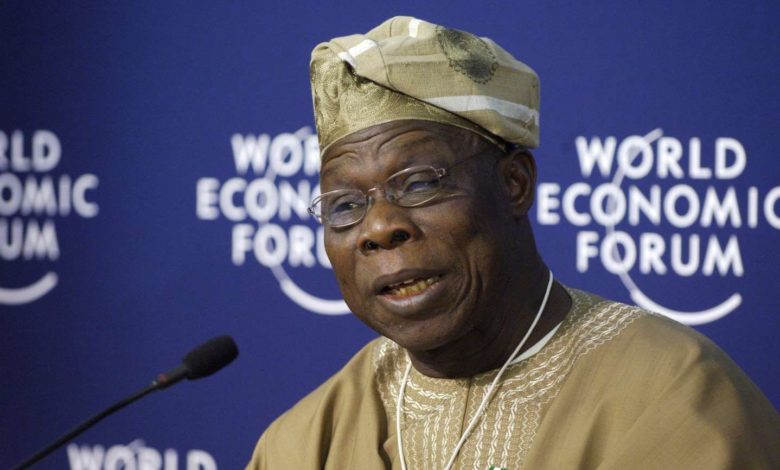Crisis In Mali Can Trigger Wave Of Insecurity Across West Africa, Obasanjo Warns

Former Nigerian President and founder of the Africa Leadership Forum (ALF), Olusegun Obasanjo, has cautioned that the ongoing political crisis in Mali might spread to other countries in West Africa if nothing is done to restore peace.
Reacting to worsening insecurity, economic instability, and perceived political corruption, thousands of Malians have repeatedly protested since June and are demanding that the president, Ibrahim Boubacar Keita, resigns.
In an article published on Thursday, Obasanjo said he is gravely concerned about the political turmoil in Mali, adding that, if it escalates, it “will reverberate across the whole West Africa region”. The security of Senegal, Burkina Faso and Niger are directly at risk, he explained.
“If those countries stumble, the effects will ripple across coastal states such as Cote d’Ivoire, Ghana, Togo, Benin and Guinea. It will reverberate even to Nigeria. Mali is the levee that if breached, will create a wave of insecurity throughout Africa’s western region,” the two-time head of state said.
He stated that three things must be done urgently in addressing the challenge: Negotiating a compromise with the protesters without sacrificing democracy and security, implementing the Peace Accord in consultation with all stakeholders, and ensuring the cooperation and commitment of key external players.
“While the world is distracted by COVID-19, Africa must lead this process through our regional and pan African institutions and leaders, including ECOWAS [Economic Community of West African States], the African Union, and the UN Office for West Africa and the Sahel through Dr Ibn Chambas and the world should support these efforts,” he said.
“Ultimately, it will take the goodwill and patriotism of the people of Mali to resolve this impasse and this is why political leaders and the elite must be willing to make compromises to find workable and lasting solutions.
“Peace and good governance in Mali will promote the establishment of a secular, democratic and economically stable country. While promoting security is key, it must not be done at the total expense of democracy and human rights.”
Obasanjo said he believes the state must be separated from religion to make sure political participation is inclusive. He also advised that tackling corruption should be prioritised by the people of Mali through a collective aspiration to enthrone accountability and responsiveness.
“Ending the human suffering and the economic hardship requires an urgent and holistic regional response to the prevailing situation in the country,” he added.
“2020 is the year the AU declared the period of ‘Silencing the Guns in Africa’, and expectations are high. Let the silencing start with Mali with solutions that put the welfare of Mali’s citizens above any other political or non-political consideration.”
In a statement released last Sunday, international organisations, including the United Nations, European Union, African Union and ECOWAS, condemned the use of lethal force in keeping anti-government demonstrators in check.
The Malian government has also detained several opposition figures, who have called for mass civil disobedience to force President Keita into stepping down. It admitted that four people were killed by security forces on Friday, July 10, but opposition leaders say eight more lost their lives due to state crackdown the following day.
Support Our Journalism
There are millions of ordinary people affected by conflict in Africa whose stories are missing in the mainstream media. HumAngle is determined to tell those challenging and under-reported stories, hoping that the people impacted by these conflicts will find the safety and security they deserve.
To ensure that we continue to provide public service coverage, we have a small favour to ask you. We want you to be part of our journalistic endeavour by contributing a token to us.
Your donation will further promote a robust, free, and independent media.
Donate HereStay Closer To The Stories That Matter




